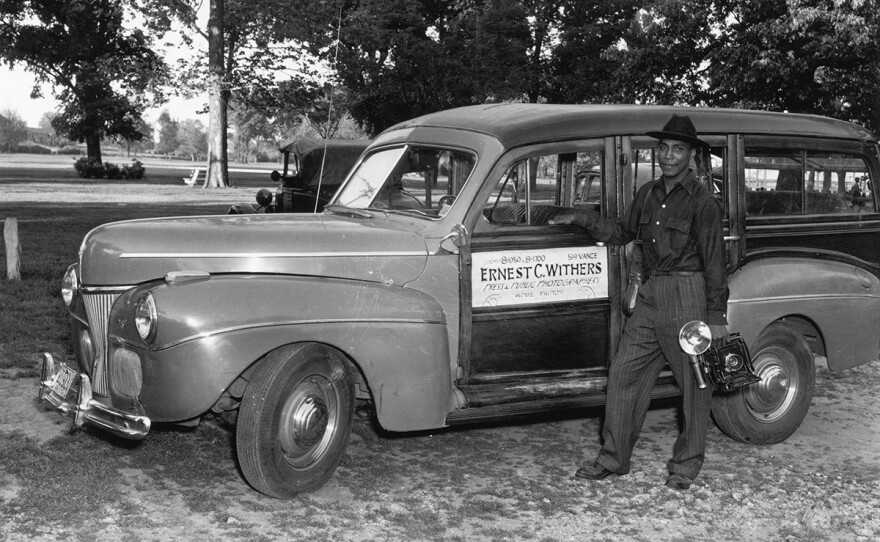Premieres Monday, Jan. 30, 2023 at 11 p.m. on KPBS TV + Saturday, Feb. 4 at 9 a.m. on KPBS 2 / PBS Video app
Born and raised in the segregated South, Ernest Withers (1922-2007) captured over six decades of African American history that witnessed the height of the Civil Rights Movement and The Cold War. The Memphis, Tennessee, native photographed legendary icons, ranging from prominent activists like Dr. Martin Luther King Jr. and Medgar Evers to musicians like Elvis Presley, Tina Turner, and B.B. King.
Despite his commitment to truth-telling through photojournalism, Withers took a closely-guarded secret to his grave: for over a decade of his professional career, he worked for the FBI. “The Picture Taker” makes its broadcast debut on INDEPENDENT LENS on Jan. 30, 2023.
Emmy and Peabody Award winner Phil Bertelsen (“Who Killed Malcolm X?”) tells the alluring story of Withers’ career — from his mom-and-pop photo shop beginnings through the shocking revelations about his FBI cooperation.
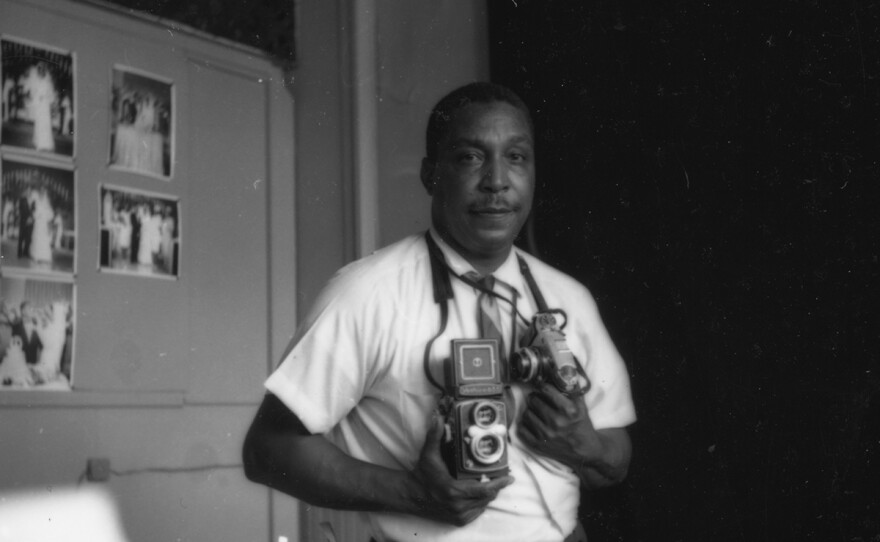
Withers learned his craft while serving in the segregated U.S. Army during WWII. Through dogged determination, talent, and courage, he established himself as a photojournalist with unprecedented access to the movers and shakers of Southern culture and politics.
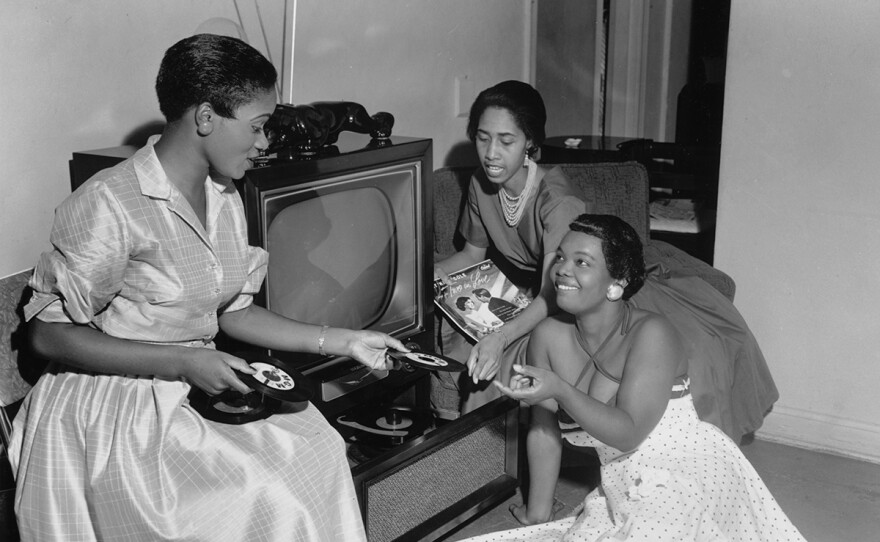
His camera snapped nearly 2 million images, creating a photographic treasure trove of Black history from the everyday to the momentous. The Montgomery Bus Boycott, the trial of Emmett Till’s murderers, the desegregation of Little Rock High, the Memphis sanitation strike, and the turbulent aftermath of Dr. King’s death were all captured by a man whose boundless energy and work ethic put him on the front lines of newsworthy events.
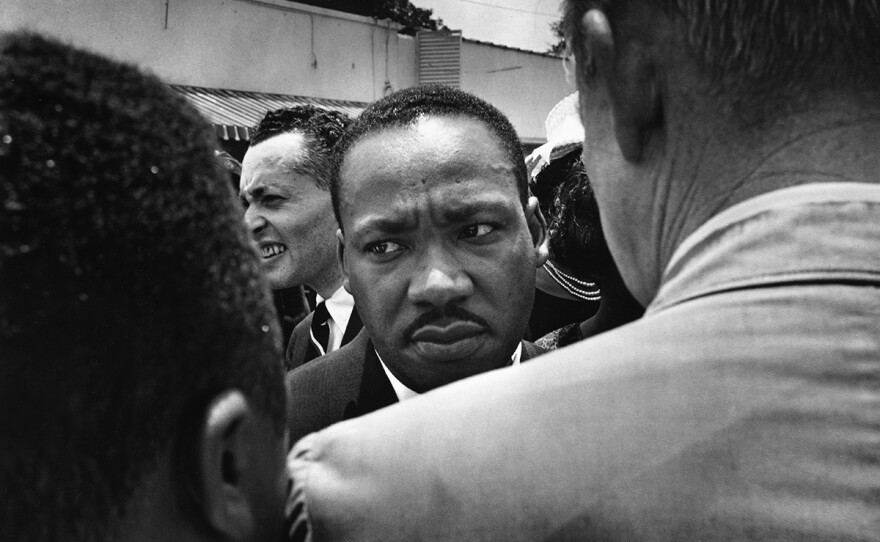
Withers’ images spread the word about civil rights and wrongs throughout the nation, making him a hero in his hometown of Memphis. But that legacy was shattered by a newspaper exposé published after his death, detailing years of secret FBI service. Bertelsen gives voice to this work by interweaving archival testimony from Withers’ FBI handler, agent William Lawrence, to whom Withers reported and provided photographs and identification of key activists.
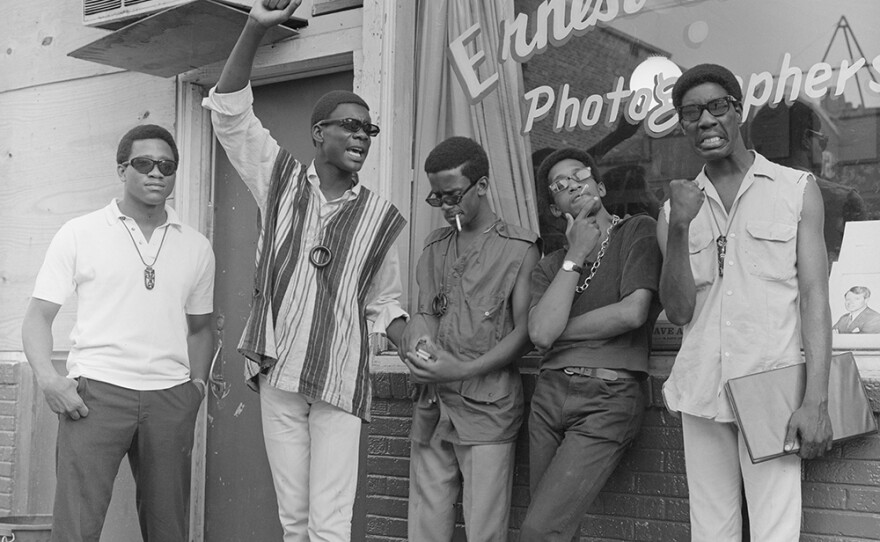
“The Picture Taker” includes interviews with Lawrence’s daughter as well as activists close to Withers, including Rosetta Miller-Perry who, upon discovering his work with the FBI, questions Withers’ intentions. Throughout the documentary, the juxtaposition of Withers’ work—as witness, photographer, and potential spy for the U.S. government — is explored within the context of Withers’ coming-of-age in the Jim Crow South and the civic upheavals which threatened that status quo.
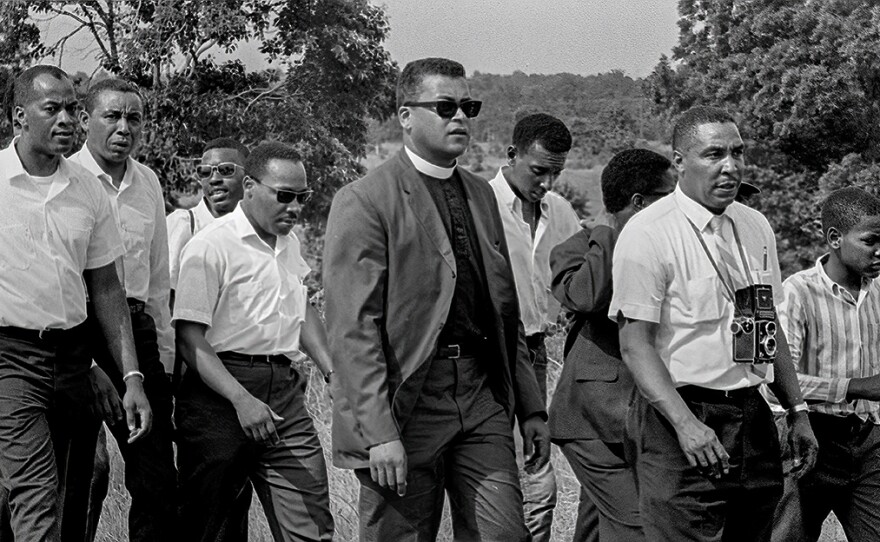
Filmmaker Quote:
“There is almost no one else in contemporary U.S. history who has chronicled African American life with such depth and intimacy as Ernest Withers,” said Bertelsen. “We set out to capture the complexity of Withers, from his undeniable accomplishments and contributions to Black history, culture, and journalism as a whole, to the underlying question of his work with the FBI and how it impacts that legacy. We wanted to honor Withers’ work, his community, and the labor of activists by using his photographs to convey the realities of the segregated South for future generations.”
Described by The New York Times as “a compelling biography of Ernest Withers” and “an engrossing watch,” “The Picture Taker” showcases Withers’ incredible photographic archive alongside testimonials from those closest to him, providing an in-depth, multilayered account not only of Withers’ career, but also of milestone moments in American history and the ongoing fight for African American liberation.
Credits:
Producer / Director: Phil Bertelsen. Producer: Lise Yasui. Executive Producers: Sally Jo Fifer, Lois Vossen, Leslie Fields-Cruz, Tony Decaneas, Eric Meola, Robert Katz, Philip Hack. Presented by ITVS

